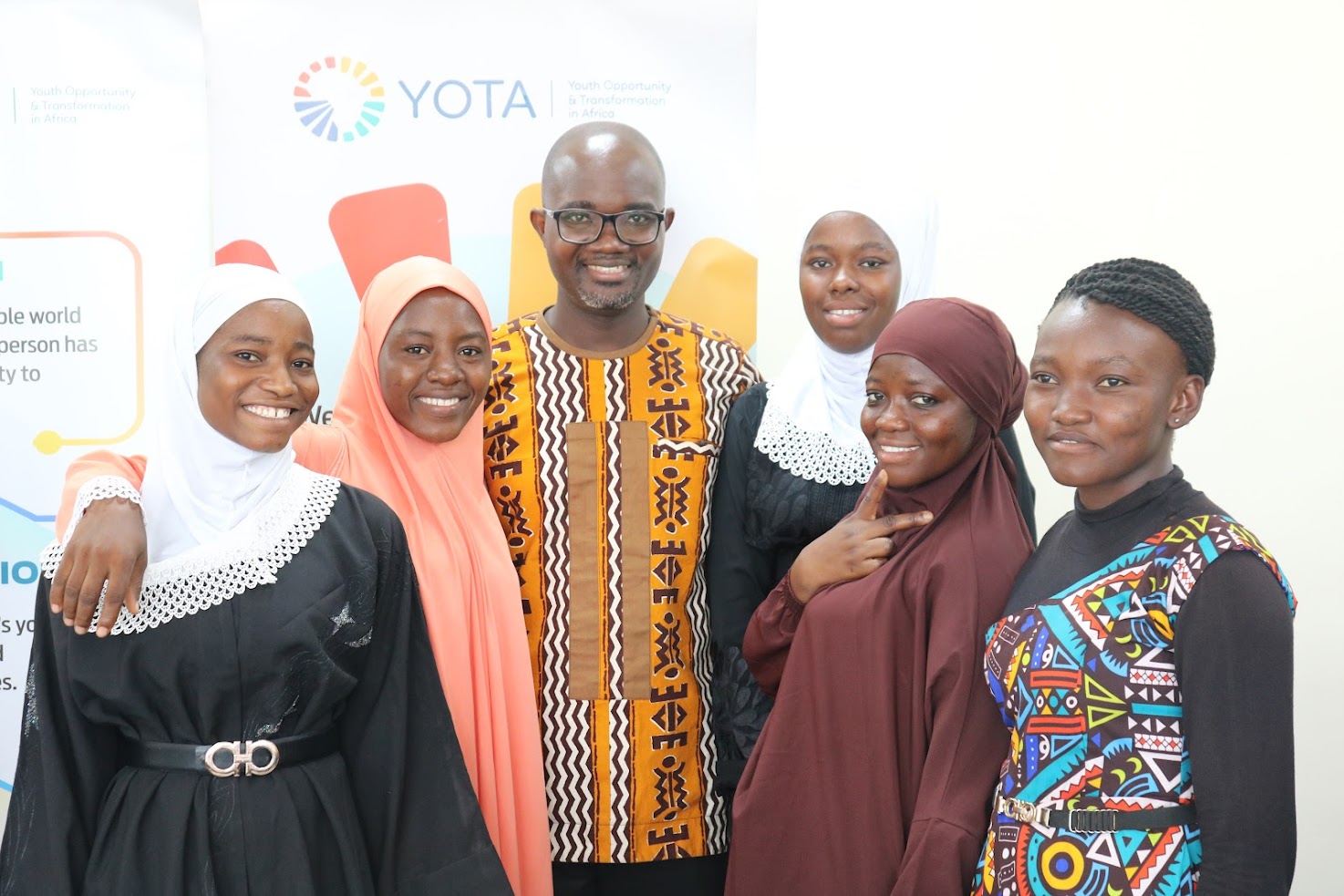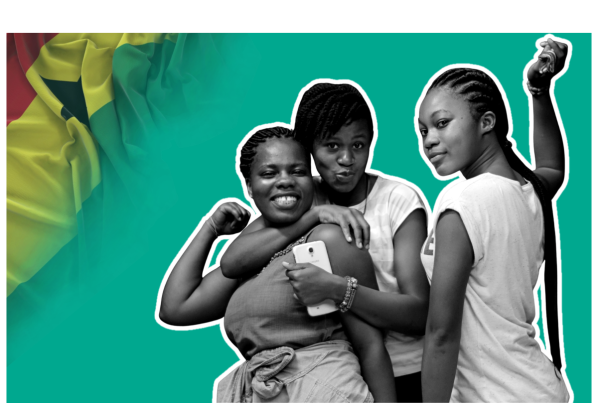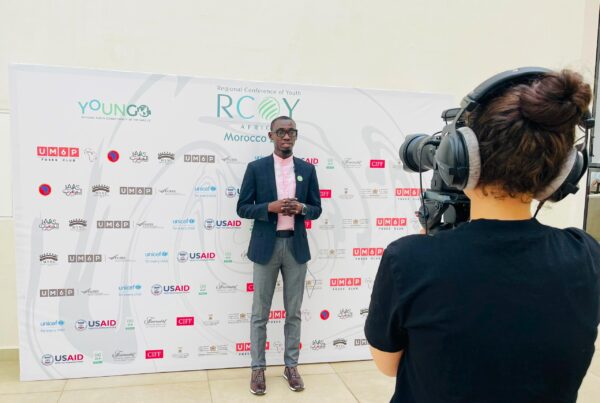
By Emmanuel Edudzie
Executive Director, YOTA – Youth Opportunity and
Transformation in Africa
President John Mahama’s recent announcement on the establishment of a Governance Advisory Council is a timely and commendable move in Ghana’s democratic trajectory. As he stated in his engagement with civil society organisations:
“This is a key promise from my campaign, which is intended to enhance accountability and transform our governance system. The Council will be an independent watchdog, monitoring human rights, corruption, and overall governance in Ghana. An annual report on human rights, corruption, and governance will be key to transparency and progress. I am committed to creating a transparent, accountable government that reflects the values of our beloved country. Let’s build the Ghana we want together!”
This vision resonates deeply with the aspirations of many Ghanaians, especially the younger generation who have consistently called for greater transparency, integrity, and responsiveness in public service. The promise of an independent, multi-stakeholder Council to serve as a governance watchdog could mark a turning point, provided that it includes the people whose future it will most directly affect: Ghana’s youth.
At YOTA – Youth Opportunity and Transformation in Africa, we welcome the President’s initiative and are encouraged by his consultative approach. However, we believe that the true measure of progress will lie in the inclusivity of the Council’s design and operations. Young people must not be peripheral participants; they must be full and equal stakeholders in the Council’s formation, deliberations, and decision-making.
Why Youth Inclusion Matters
Ghana is a youthful nation. More than 57% of the population is under the age of 25, and nearly 75% is under 35. These are not just statistics; they represent a demographic force with immense potential to shape governance, champion reform, and secure the future of democratic accountability. Yet, youth continue to be sidelined in institutional decision-making processes. The Governance Advisory Council offers an opportunity to reimagine participatory democracy by ensuring that young people have a permanent seat at the table.
A Global Mandate: The United Nations Programme of Youth
The imperative for youth inclusion in governance is enshrined in the United Nations World Programme of Action for Youth (WPAY), adopted by the General Assembly in 1995. The WPAY recognises youth participation as essential for sustainable development and peace. Under the priority area of “Participation,” it calls on governments to “encourage the active involvement of young people in decision-making processes at all levels in society.”
This is not merely about listening to youth; it is about integrating them into structures of power and accountability. As the WPAY further states, youth participation leads to better policy outcomes, improved civic engagement, and enhanced legitimacy of democratic institutions. Establishing a Governance Advisory Council without youth representation would fall short of these globally endorsed standards and undermine the credibility of its accountability mission.
A Continental Duty: The African Youth Charter
At the continental level, Ghana has affirmed its commitment to youth inclusion by ratifying the African Youth Charter, which provides a legally binding framework for youth development and participation. Article 11 of the Charter is unequivocal in asserting that:
“Every young person shall have the right to participate in all spheres of society. States Parties shall take the necessary steps to ensure the participation of youth in parliament and other decision-making bodies.”
The Charter obligates governments not only to consult young people but to institutionalise their participation. This means establishing permanent mechanisms, such as seats on national councils and advisory boards, to ensure that youth voices are not only heard but also actively shape outcomes. The Governance Advisory Council provides a unique opportunity for Ghana to actualise this commitment, not in rhetoric but in practice.
Moreover, the Charter calls for the creation of youth-friendly platforms for policy engagement and emphasises the importance of intergenerational dialogue. By embracing these principles, the Governance Advisory Council can become a living example of inclusive, collaborative governance that harnesses the energy and innovation of Africa’s youth.
A Constitutional Imperative: The 1992 Constitution of Ghana
The constitutional foundations for youth inclusion in governance are equally strong. Ghana’s 1992 Constitution, through the Directive Principles of State Policy, affirms the role of the youth as critical stakeholders in national development. Article 36(6) explicitly directs the state to:
“Afford equality of opportunity to all citizens, particularly the youth, to develop their potential.”
This development mandate must extend beyond education and employment to include political empowerment and participation in decision-making processes. The Governance Advisory Council, if truly reflective of Ghana’s constitutional vision, must proactively include youth in its design and mandate.
Article 37(2)(a) of the Constitution also requires the State to:
“Ensure that democracy is safeguarded and that all citizens without discrimination enjoy the rights and responsibilities of citizenship.”
Youth exclusion from key governance structures constitutes a form of systemic discrimination, given their numerical strength and demonstrated civic engagement. Conversely, meaningful youth representation would help safeguard democracy, restore public trust, and foster a new era of accountable leadership.
From Tokenism to True Representation
For youth inclusion to be meaningful, it must go beyond token appointments or symbolic gestures. It requires a deliberate and transparent process to identify youth representatives from diverse backgrounds, including rural and urban areas, young women, persons with disabilities, and marginalised groups. Representation must include youth-led civil society organisations, student unions, innovators, and local activists who have demonstrated leadership in accountability and governance reform.
Additionally, youth must be allowed to contribute substantively, not merely participate. They should be able to shape the Council’s agenda, propose governance innovations, co-lead investigations, and monitor implementation. Their contributions must be valued on par with those of other Council members, and mechanisms for their ongoing engagement must be formalised through policies and operating procedures.
The Role of YOTA
At YOTA, we are committed to advancing youth leadership and civic participation across Ghana and the continent. Through our programming, we support thousands of young leaders working in governance, climate action, entrepreneurship, and social accountability. These youth are already transforming their communities; they now need the opportunity to influence national governance at the highest level.
We urge the Office of the President and all relevant stakeholders to embed youth inclusion as a foundational principle of the Governance Advisory Council. Doing so will not only fulfil Ghana’s domestic and international commitments but also signal a shift towards a more equitable and inclusive model of governance.
Conclusion
President Mahama has signalled his intention to build a transparent and accountable Ghana. The establishment of the Governance Advisory Council can indeed become a historic milestone, but only if it reflects the full diversity of Ghanaian society, especially its youth.
Young people are not just the leaders of tomorrow; they are the conscience of today. Let us not build a Council that merely monitors governance. Let us build one that embodies it through inclusivity, integrity, and intergenerational partnership.
The Ghana we want is one where every voice counts. Today, no voice is louder than the millions of young Ghanaians ready to lead.
#LeaveNoYouthBehind #YouthReadyToLead







